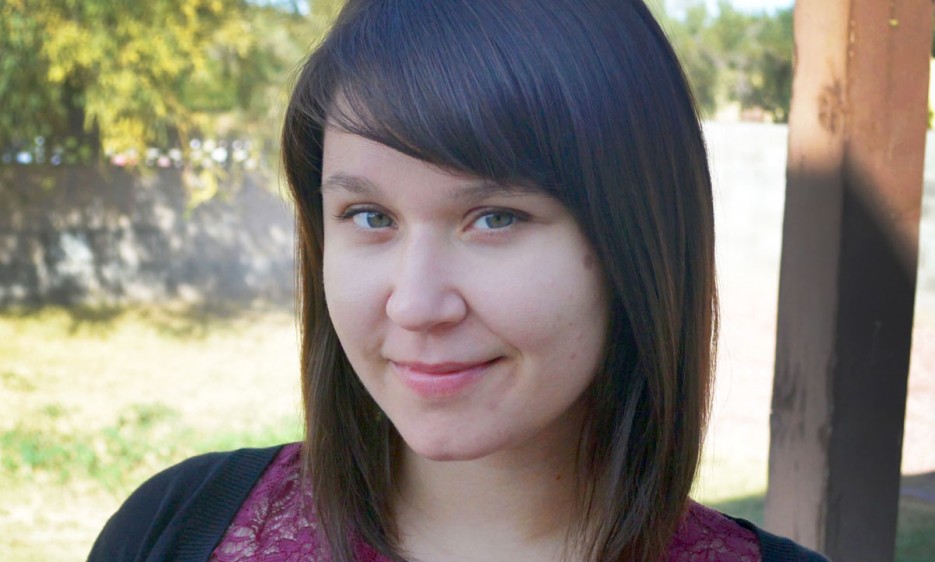Past CSPO Events
- April 25, 2015Co-sponsored
Solar Soft Cost Reductions in PV and CSP: Mapping the Opportunities
How could artificial intelligence help reduce the cost of building solar power plants? Leading experts in solar energy, artificial intelligence, and robotics will explore this and other questions at a workshop focused on reducing soft (i.e. non-hardware) costs in the solar energy sector.
- April 24, 2015CSPO DC - New Tools for Science Policy
Societal Aspects of Synthetic Biology
Research Agendas
At this seminar, Guston and Brian will present the initial results of their synthetic biology workshop and sketch out potential research agendas and scholarly and professional infrastructures to support an integrated research program that encourages awareness among all groups, facilitates better and closer collaboration and organization across the disciplines, and opens up possibilities for new research directions.
David Guston, Jennifer Brian
- April 22, 2015Co-sponsored, Energy and Society: Communities of Energy in Transition
Building the Electricity System of the Future:
Energy Communities Shaping Regional Transmission Organizations
This talk will explore how stakeholders negotiate market rules and access and oversee electric system operations and planning.
Brown bag talk – bring your lunch.
Elizabeth Wilson
- April 08, 2015CSPO enLIGHTeNING Lunch
EnLIGHTeNING Lunch with Susan Spierre Clark
Climate Change, Games, and Resilience: A Sampling of Research by an Interdisciplinary Scholar
This seminar will begin with a brief discussing of Dr. Clark’s dissertation work, which investigated the relationship between carbon emissions and human development among many countries as well as its implications for climate change policy and sustainable development. She will also describe her work in the area of sustainability education, where she has co-created a series of learning games that aim to experientially teach science and engineering students about ethics related to sustainability challenges, such as the Tragedy of the Commons and environmental externalities. If time allows, Dr. Clark will end with a general overview of her current work on socio-technical resilience.
Pizza served, RSVP to [email protected] by noon on Tuesday, March 24
Susan Spierre Clark
- April 07, 2015Co-sponsored, Energy and Society: Communities of Energy in Transition
Rationality vs. Imagination – Decision-making Skills for Shaping Climate Futures
Numerous political, economic and social decisions require imagination: revolutions feed on imaginations of alternative political systems; new energy technologies demand imaginations of different governance and infrastructure systems; climate change requires imaginations of radically altered, social-ecological futures.
Manjana Milkoreit
- April 02, 2015CSPO Faculty Participation
Climate Fiction – Science, Stories or Seeds of Transformation?
(CSPO faculty participants.)
The Imagination and Climate Futures Initiative invites you to a panel discussion on Cli-Fi that will discuss the nature and roots of the genre and its impact or influence beyond simply telling stories. Can a story trigger a social movement? Does it offer science lessons? Could a book change politics or societies?
How?Manjana Milkoreit, Clark A. Miller
- March 25, 2015CSPO enLIGHTeNING Lunch
Enlightening Lunch
Imagining community solar electricity in Treviso, Italy

The ways in which communities catalyze and respond to large scale social and technological shifts can have lasting impacts on people’s daily lives. My research follows the two cities of Flagstaff, AZ and Treviso, Italy as they navigate a transition to a higher mix of solar electricity from 2006 through 2014. In this presentation, I look at how (inter)national policies and imaginaries of renewable energy intermix with city-wide initiatives in Treviso to form a complex cultural landscape of ideas about energy that can’t quite shake the identity as an ancient water city.
Pizza served
RSVP to [email protected] by noon on Tuesday, March 24.Jen Fuller
- March 24, 2015Co-sponsored, Energy and Society: Communities of Energy in Transition
What Would It Take To Materialize Energy? The Role of Responsible Innovation
Brown bag talk – bring your lunch.
Sujatha Raman